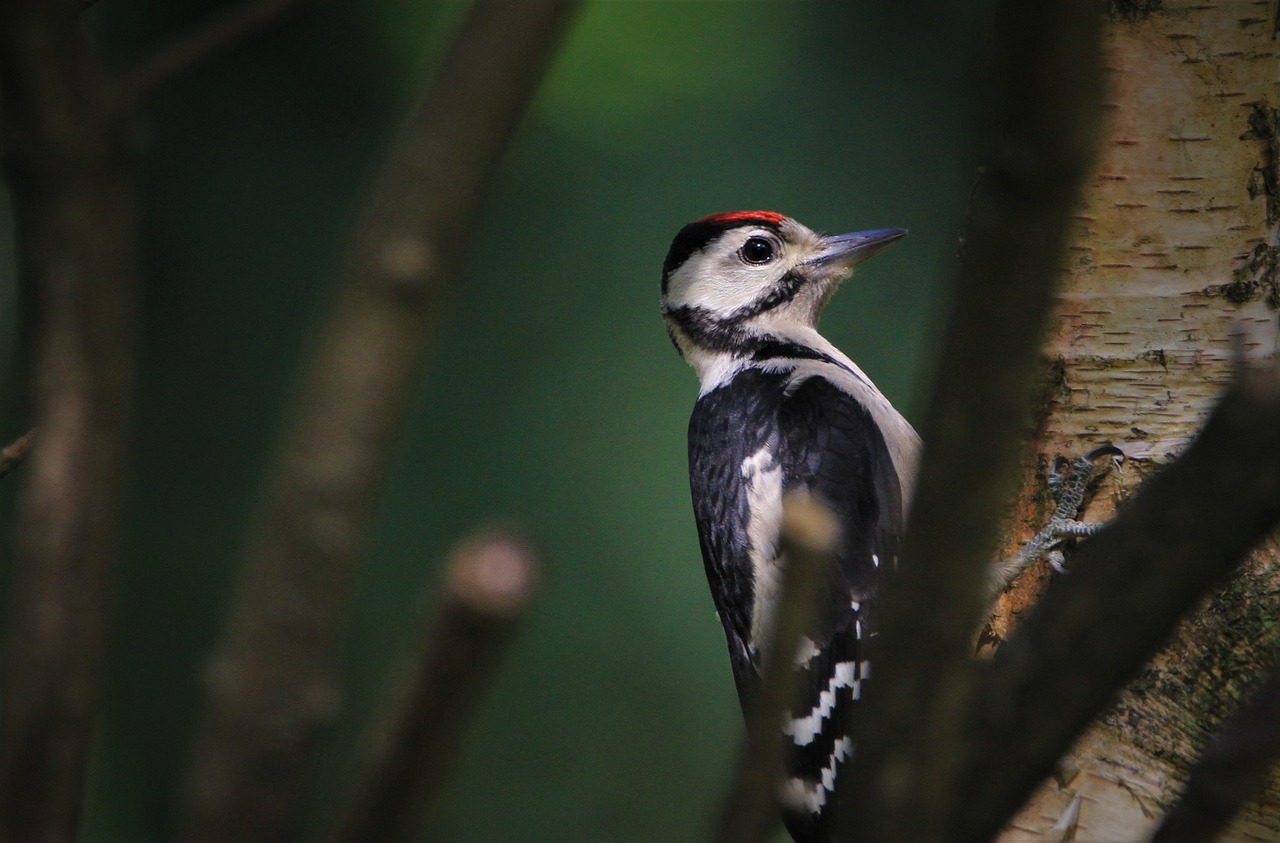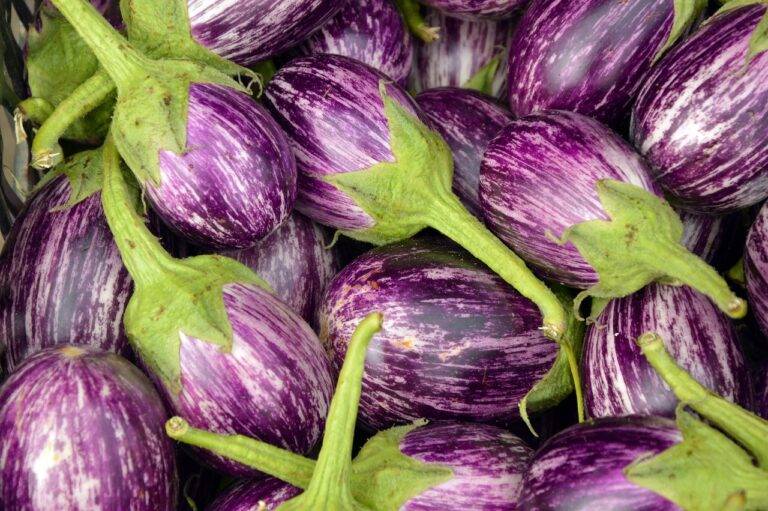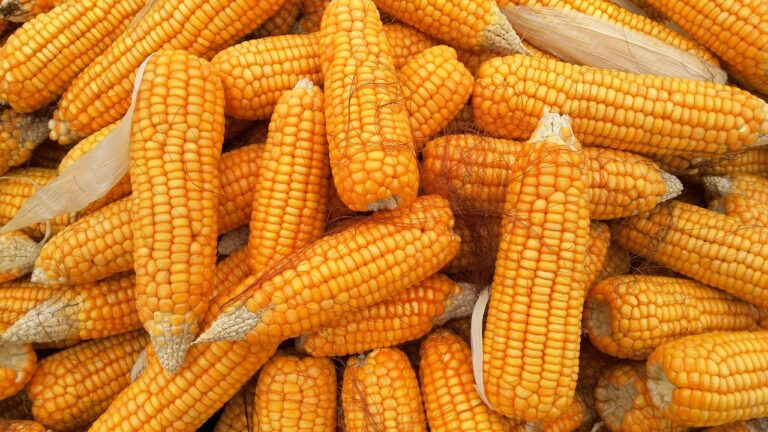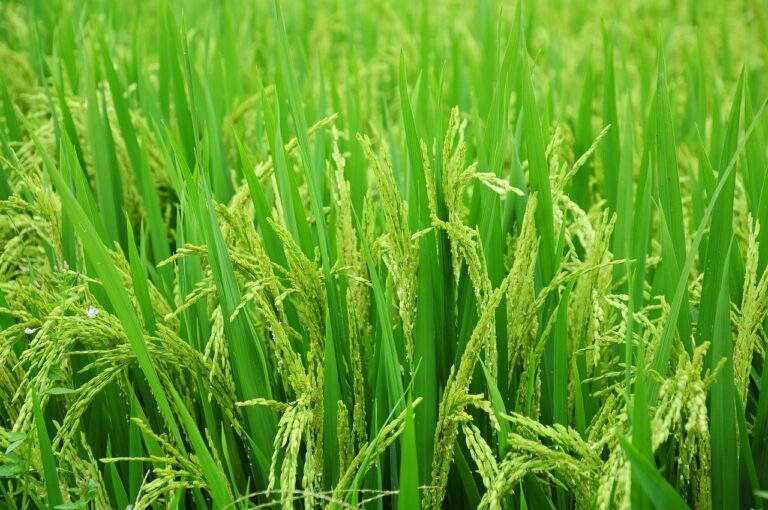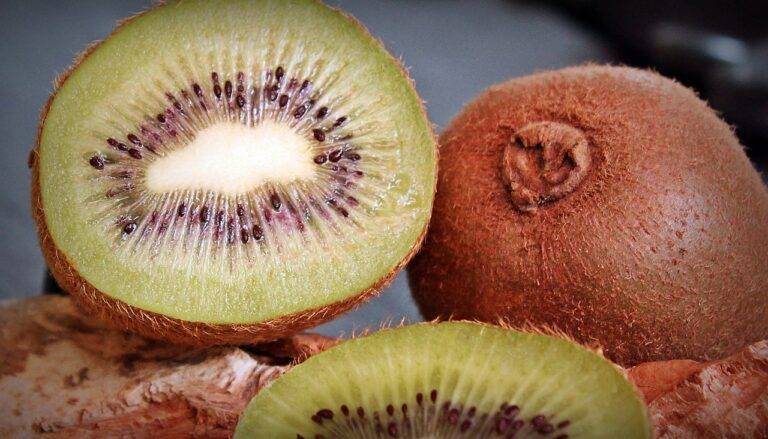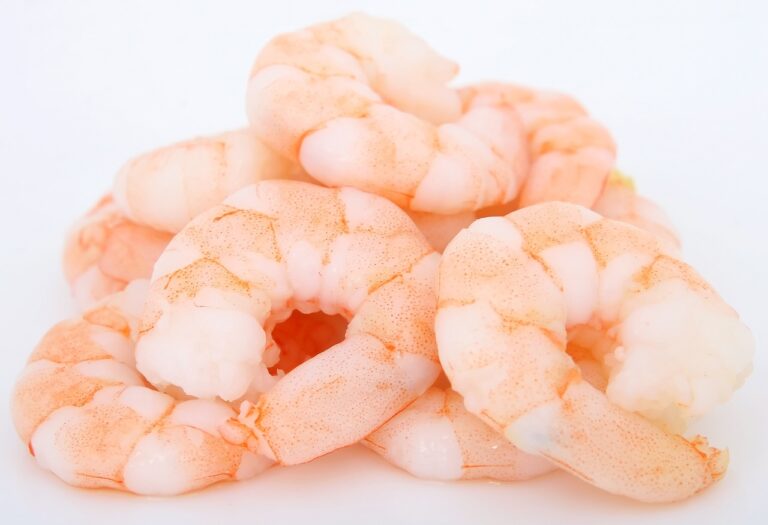The Future of Insect-Based Foods as Sustainable Protein Sources
Insect-based foods have gained popularity in recent years as a sustainable and nutritious source of protein. These foods offer a high protein content while requiring fewer resources and producing lower greenhouse gas emissions compared to traditional livestock farming. Additionally, insects are rich in essential amino acids, making them a valuable protein source for human consumption.
Moreover, insect-based foods are also versatile and can be incorporated into a variety of dishes, offering a new and innovative way to diversify protein sources in our diets. With a growing interest in sustainable and environmentally friendly food options, insect-based foods present a promising alternative that not only benefits our health but also supports the health of the planet.
Nutritional Value of Insects as Protein
Insects have gained recognition as a valuable source of protein due to their high nutritional value. Insects such as crickets, mealworms, and grasshoppers are rich in essential amino acids, making them a complete protein source. This means they provide all the amino acids that the human body needs to function properly. Additionally, insects are packed with vitamins, minerals, and healthy fats, further enhancing their nutritional profile.
Furthermore, insects are known to be highly digestible. Their protein content can be easily utilized by the human body, making them an efficient source of energy. Insects also contain beneficial nutrients such as iron, calcium, and B vitamins, which are vital for various bodily functions. This nutrient-dense profile makes insects a promising alternative to traditional protein sources and a sustainable option for addressing global food security challenges.
Environmental Sustainability of Insect-Based Foods
Insect-based foods offer an environmentally sustainable protein source that can help alleviate the strain on traditional livestock production. Insects, such as crickets and mealworms, require significantly less water, land, and feed compared to cattle or poultry, making them a more efficient and eco-friendly option. By promoting the consumption of insects, we can work towards reducing greenhouse gas emissions and conserving crucial resources for future generations.
Furthermore, the production of insect-based foods generates minimal waste and can be done on a smaller scale, making it a suitable option for sustainable farming practices. Insects have a high feed conversion rate, meaning they can convert the food they consume into edible protein more efficiently than traditional livestock. Embracing insect-based foods can play a significant role in fostering a more sustainable food system that prioritizes environmental preservation and resource conservation.
• Insect-based foods require significantly less water, land, and feed compared to traditional livestock
• Promoting the consumption of insects can help reduce greenhouse gas emissions
• Production of insect-based foods generates minimal waste and can be done on a smaller scale
• Insects have a high feed conversion rate, making them more efficient at converting food into edible protein than traditional livestock
What are the benefits of insect-based foods as protein sources?
Insect-based foods are a sustainable and environmentally friendly source of protein. They require less land, water, and resources to produce compared to traditional livestock.
What is the nutritional value of insects as a protein source?
Insects are packed with essential nutrients such as protein, vitamins, and minerals. They are also a rich source of healthy fats and amino acids.
How do insect-based foods contribute to environmental sustainability?
Insect-based foods have a lower carbon footprint and require less water and land to produce compared to traditional livestock. This makes them a more sustainable and eco-friendly protein source for the future.

